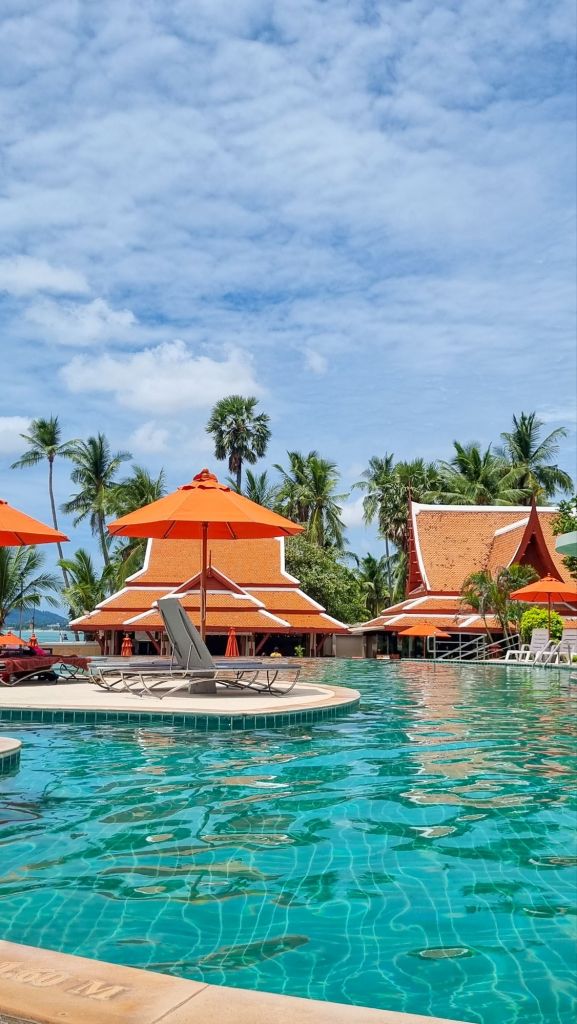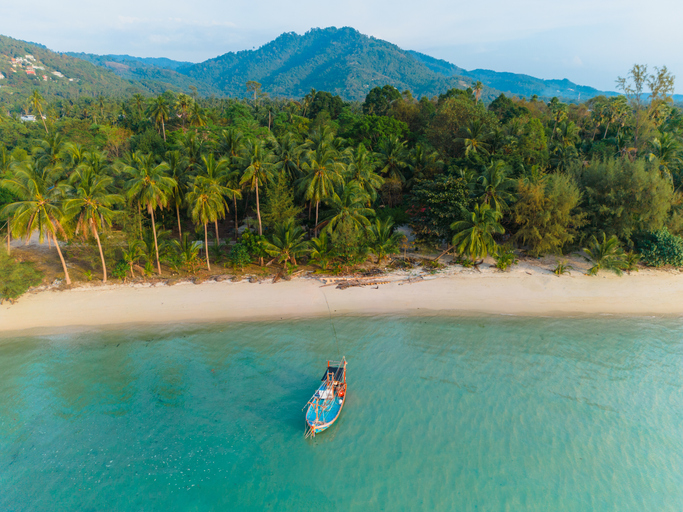For anyone new to the Travel Eat Sleep Repeat blog, or for those of you just stopping by, we’re Lauren and Carl and in 2021 during a global pandemic, we packed up our seaside apartment in Brighton, UK and headed off on a worldwide adventure.
We’re not backpackers, in fact, we’re quite the opposite. Travelling with 2 large suitcases and 2 small backpacks, which means we get to bring along a ton of luxuries including two laptops, a professional camera with multiple lenses and even a guitarele. Our adventures began in the Balearic Islands as there were still lots of restrictions in countries outside Europe, including quarantine, which we didn’t fancy.
Then in early 2022, Thailand opened its doors once again to travellers from around the world. You just needed a stack of documents, Covid-19 medical insurance, several PCR tests, two vaccinations, pre-booked transfers and accommodation for the first week of your stay.
Our original plan was… well… we didn’t really have one. We knew we wanted to stay for at least 30 days and then maybe look to get a visa extension but we never imagined we would be living in Thailand for eight months.
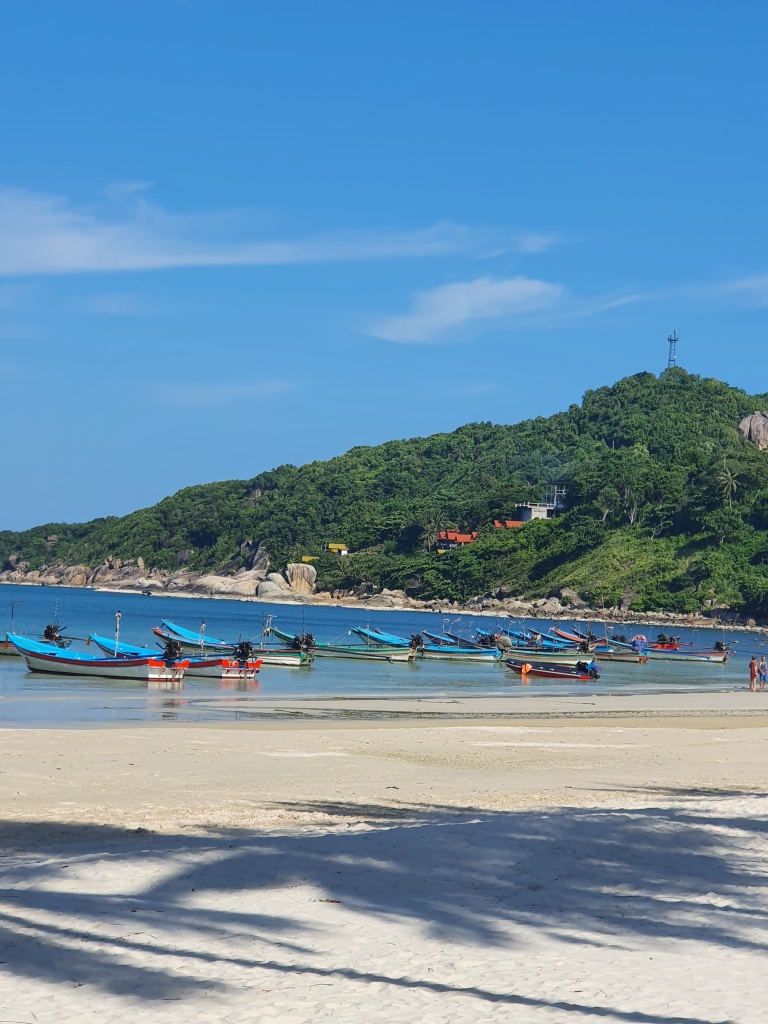

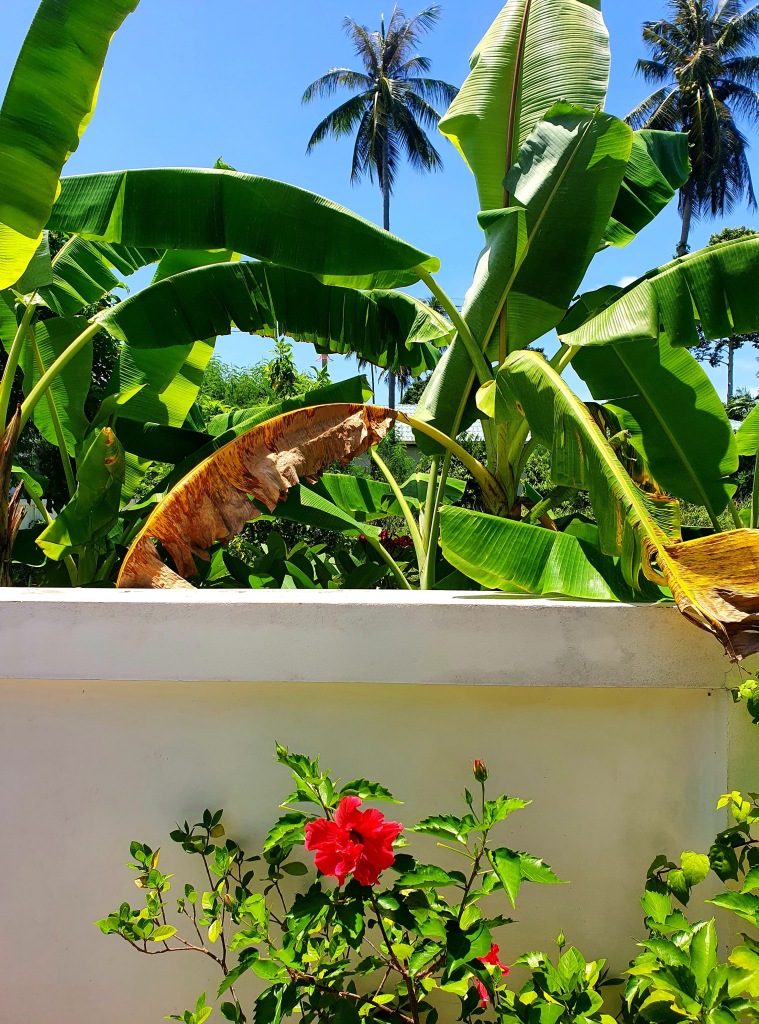
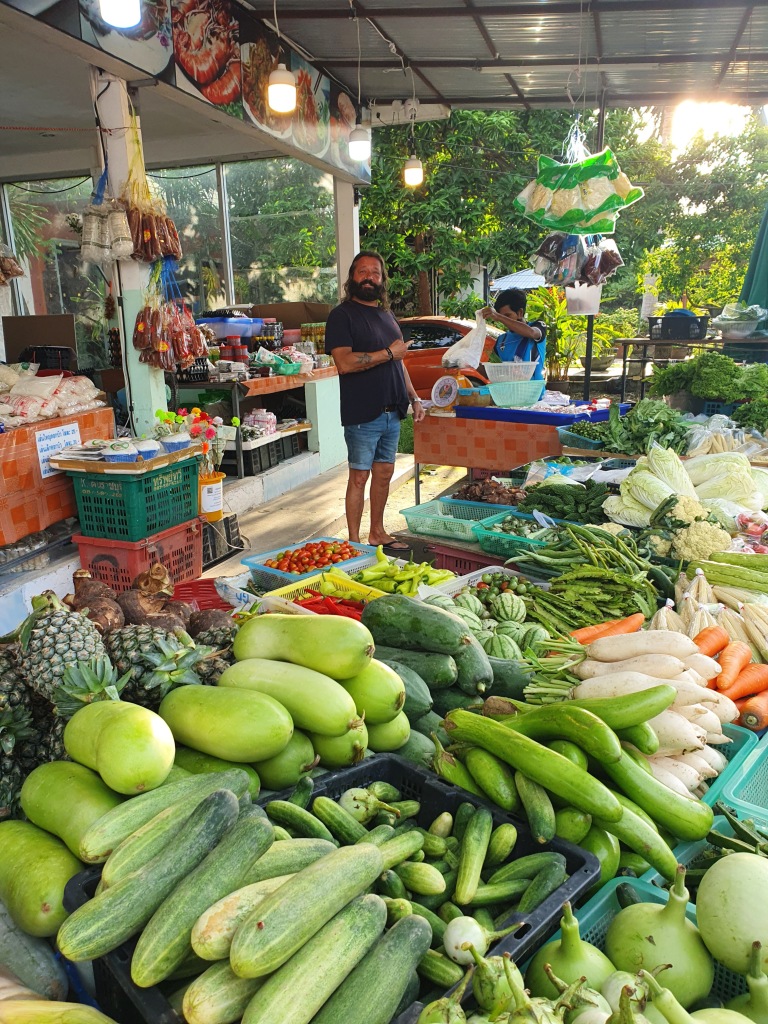

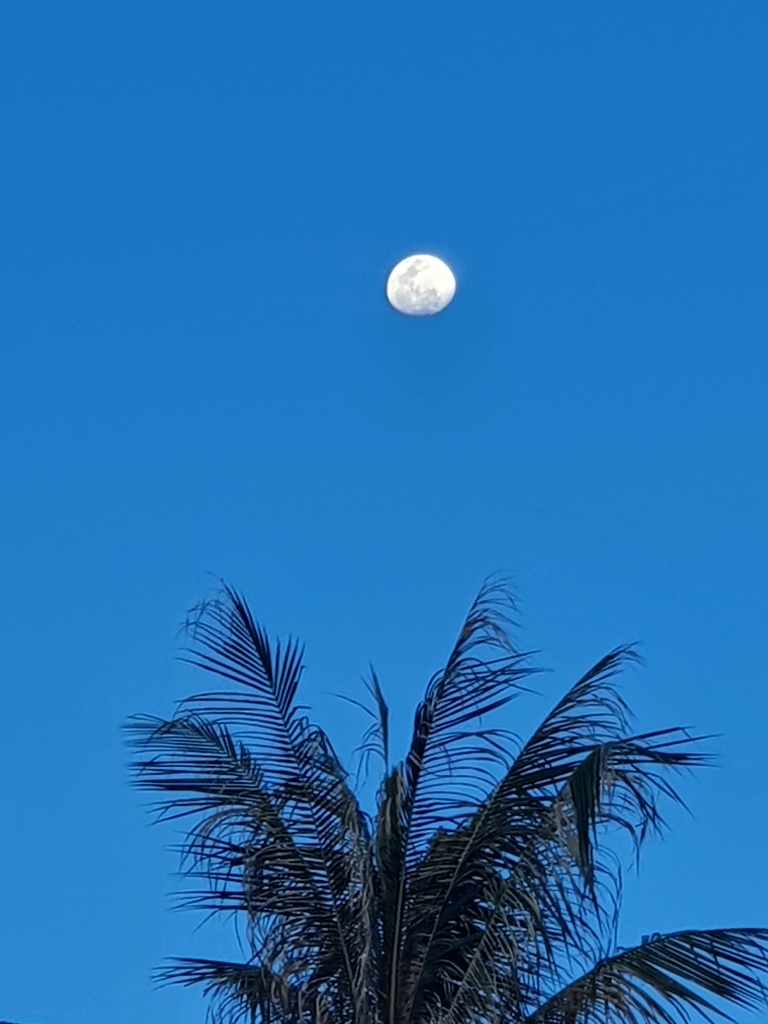
Thailand & Covid-19
Thailand was closed to tourists for around 18 months and for a country which relies so heavily on tourism it had a such a negative impact on businesses and local people, to the estimated sum of £36bn. On the smaller islands, many of the hospitality workers headed back to the mainland in search of work as so few venues were open and those that were managed on a reduced staff to keep costs low.
When we arrived in March, which is considered to be ‘high-season’ in Thailand, it was very, very quiet. Popular areas such as Bangla Road in Patong or Chaweng in Koh Samui had only a fraction of the normal visitors. Many venues were still closed or operated with reduced hours, a combination of fewer visitors and not enough staff.
We enjoyed the slower and quieter side of Thailand, it was a privilege to travel during this time. We never had to book a table, got to know many business owners and bartenders as they had the time to talk with us plus accommodation was more affordable and with lots of availability. During our time in Thailand we would book monthly Airbnb stays with huge discounts and used the extra money to have weekends away at luxury 5-star hotels, something we might not have done had it not have been for the lower rates on offer.
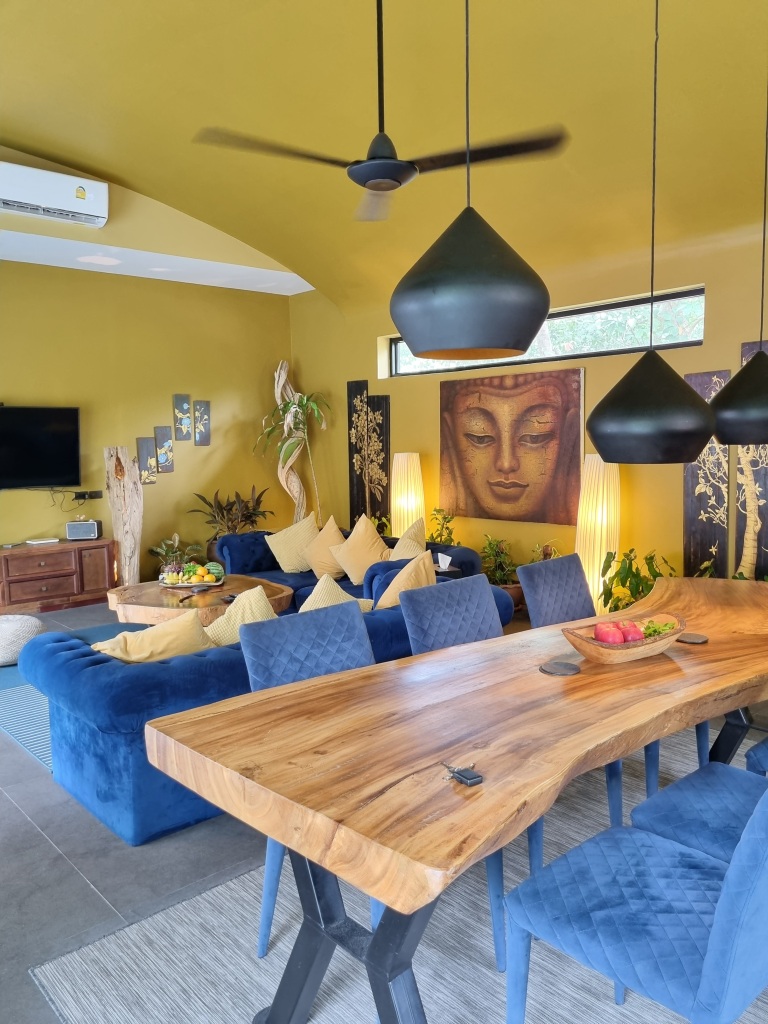

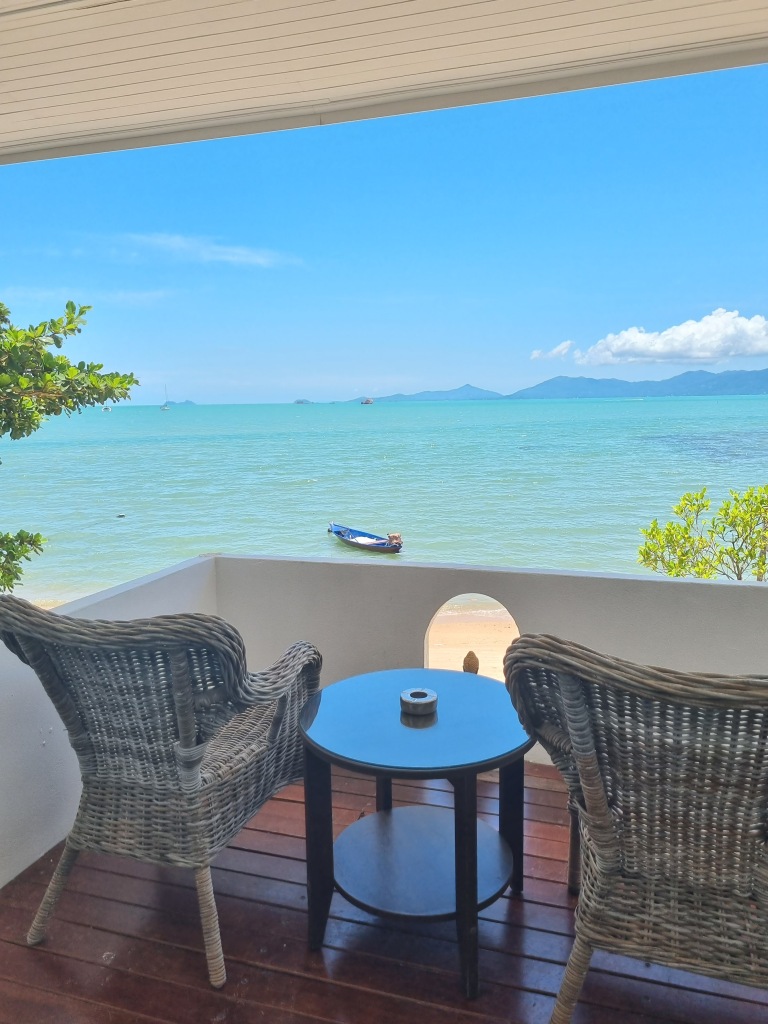
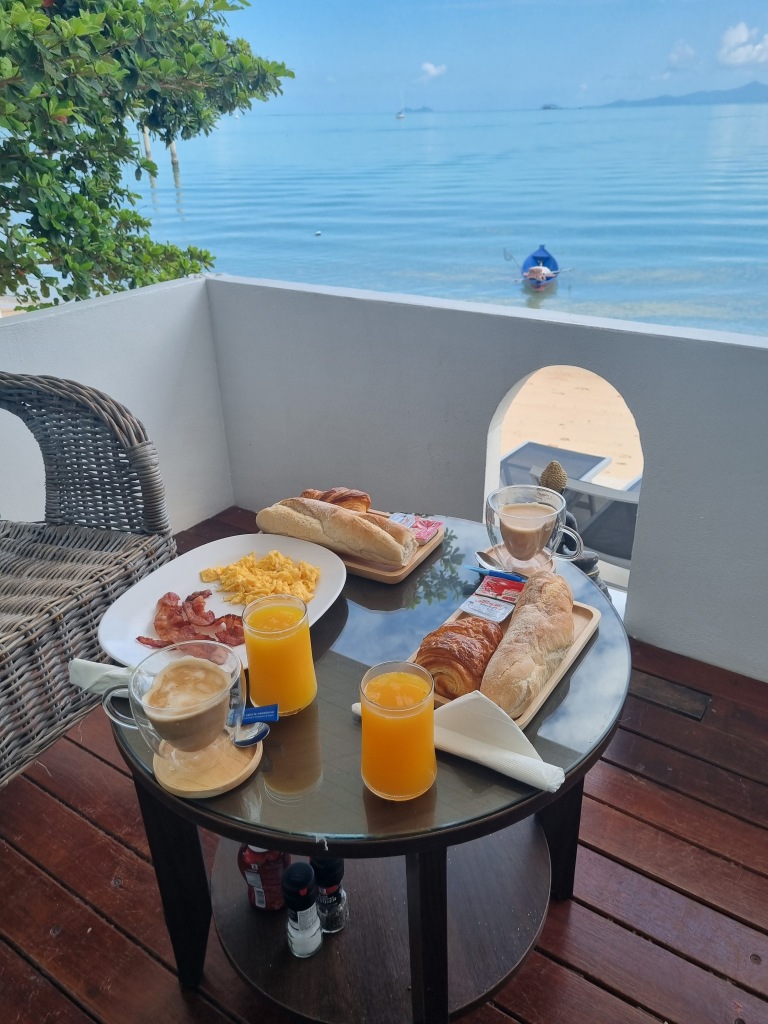
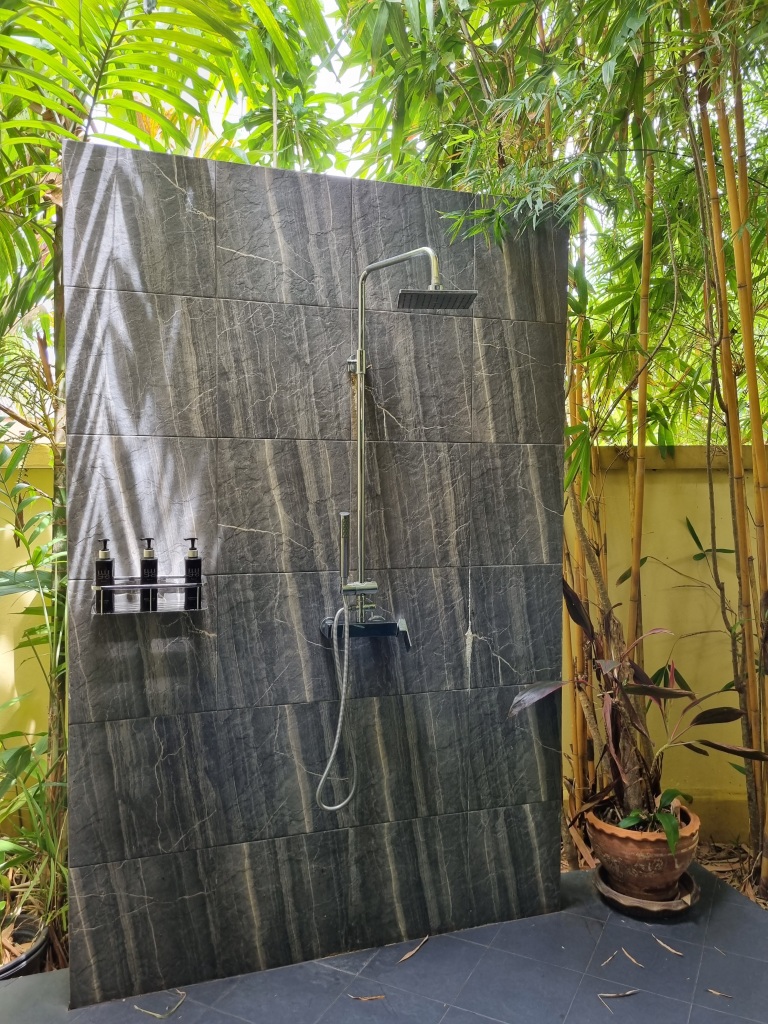

We stayed all throughout ‘low-season’ and enjoyed the same quiet pace, but on returning to Phuket in November we certainly noticed a big difference. Tourists had returned, still not at the levels prior to Covid but the restaurants were filling up, the hotels were coming back to life and the beaches were filled with tanners, swimmers and surfers.
It was such an incredible opportunity to visit during this unusual time in Thailand and even though the process might be a little trickier in 2023 there are still ways you can extend your stay in The Land of Smiles…
Here’s how we stayed in Thailand for 8 months
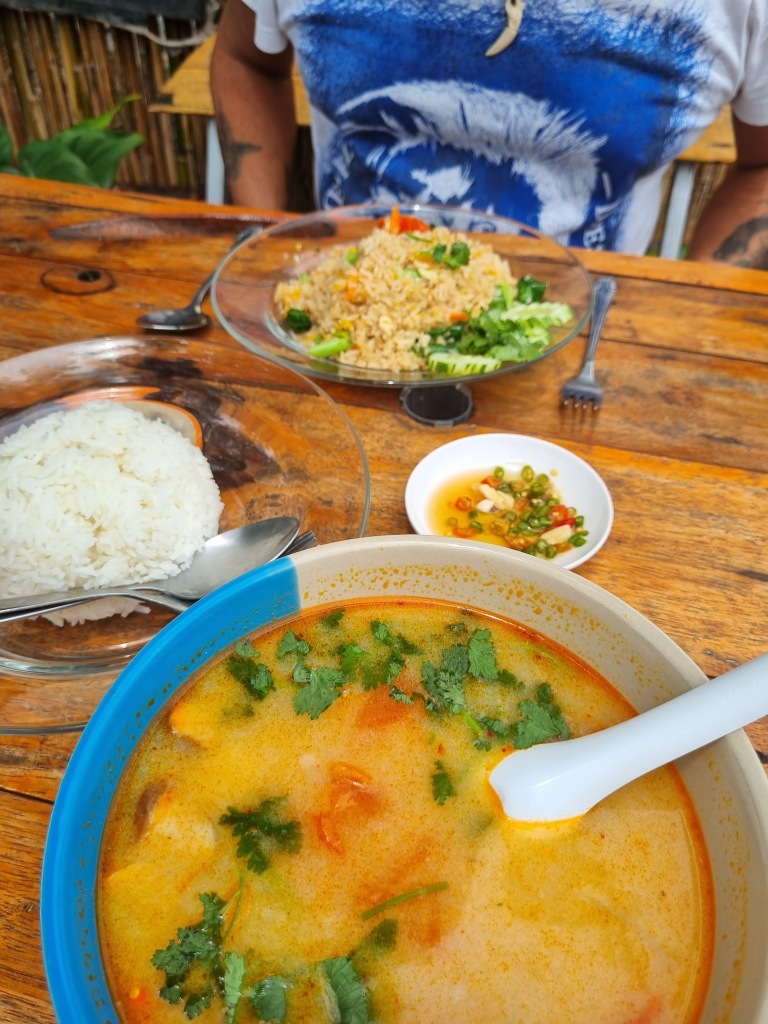

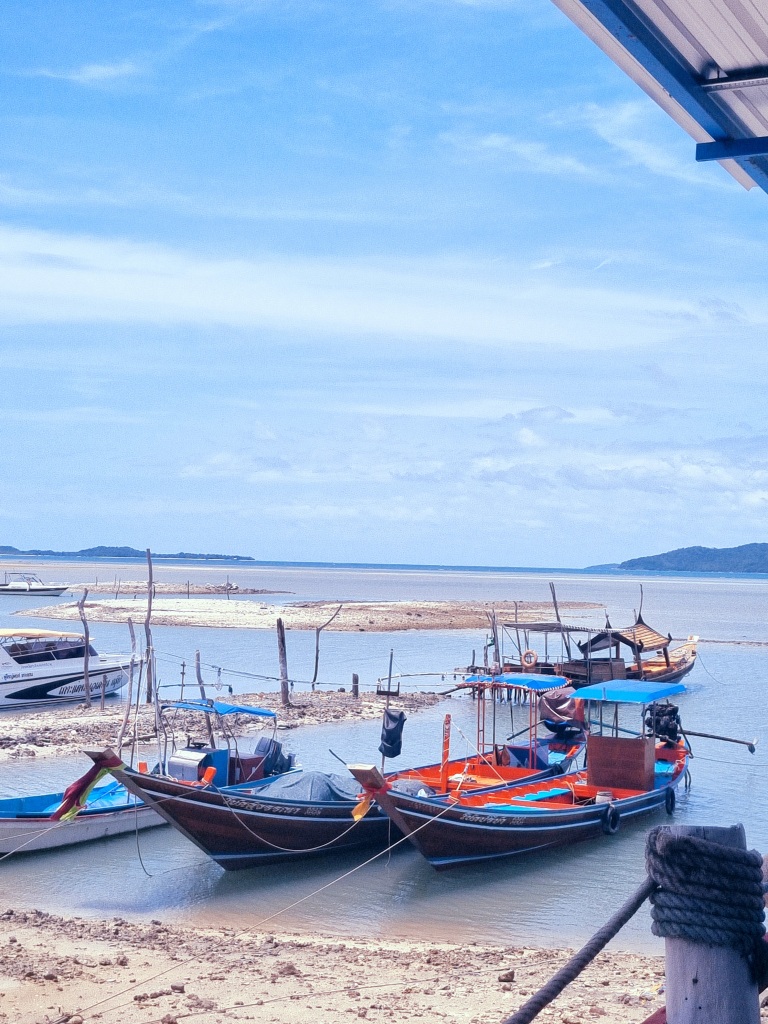
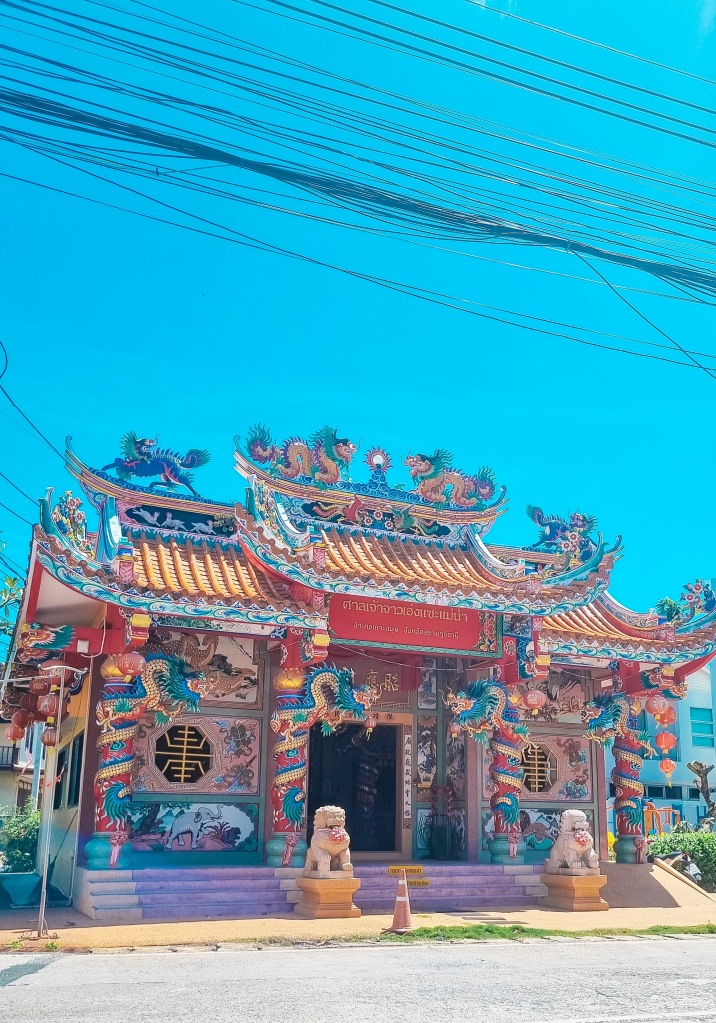
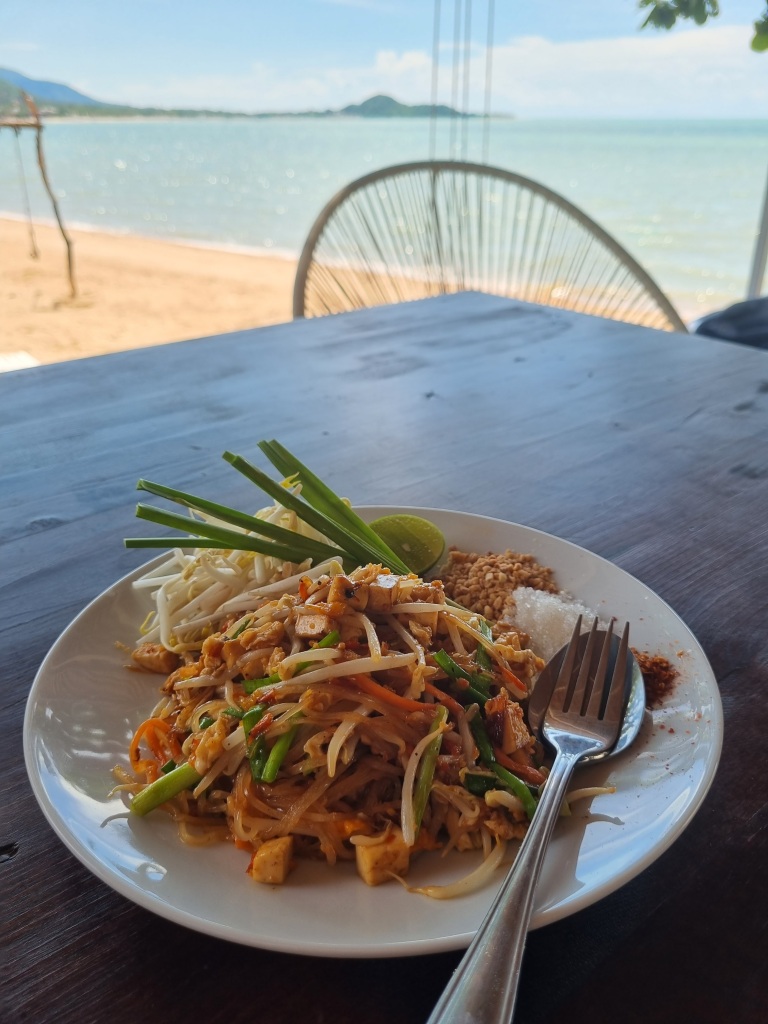
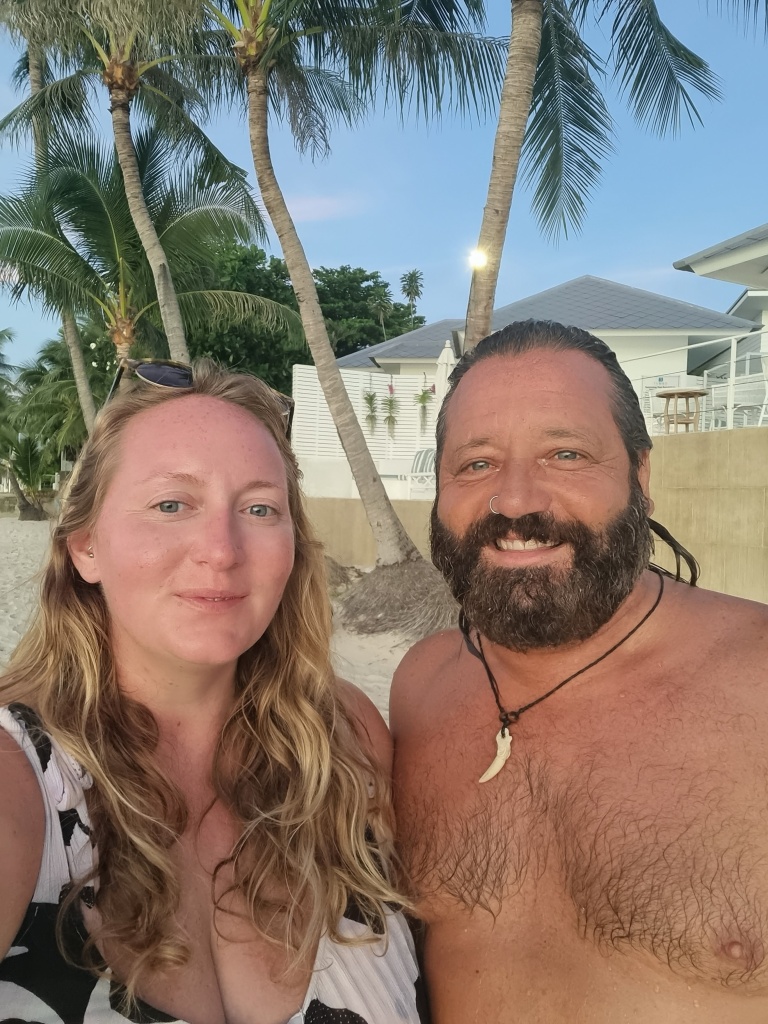
Covid-19 visa extensions. We believe it was the government’s way of allowing tourists to stay on and spend extra money in the hospitality industry, money that they so desperately needed after 18 months of closed borders.
It was a similar process to the normal 30-day visa extension, just an extra form or two. Each covid-19 extension allowed another 60 days stay in Thailand.
This is how we stayed for 240 days or 7 months and 26 days;
- A 30-day visa on arrival (VOA) allowed us to stay from 16th March – 15th April
- A 30-day visa extension from the local immigration office in Patong meant we could stay until 15th May
- Our first Covid-19 visa extension allowed us to stay another 60 days until 14th July
- The Second Covid-19 extension and another 60 days, gave us until 12th September
- Our final Covid-19 extension had to be completed before the end of August and we were given another 60 days from 12th September, allowing us to stay in Thailand until 11th November
How can I extend my stay in Thailand in 2023?
VISA ON ARRIVAL
From 1st October 2022 until 31st March 2023 anyone travelling on a UK passport will receive a 45-day visa instead of the usual 30 days. There are a total of 64 countries on the visa exemption list, meaning you will also receive a visa on arrival. You can check the list HERE.
Entry after 31st March 2023, the VOA will revert to 30-days.
VISA EXTENSION
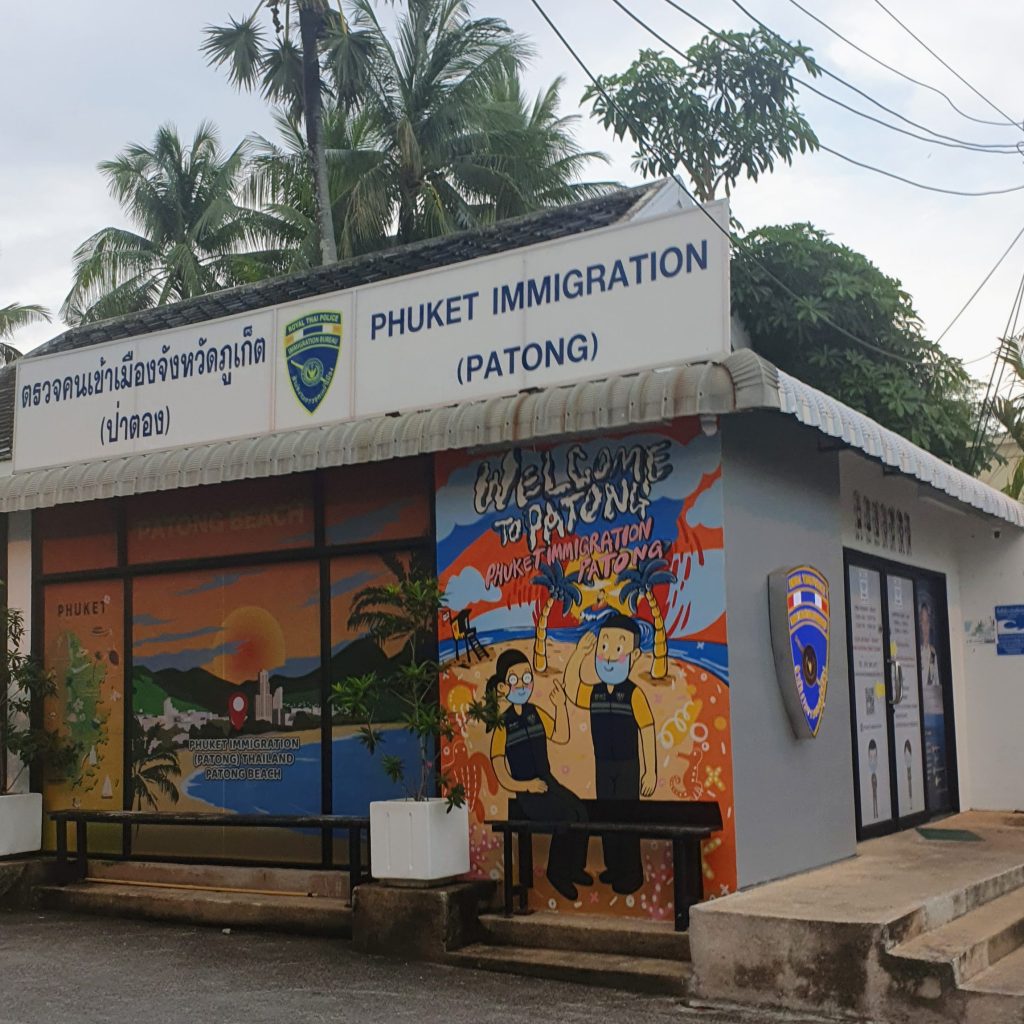
You can visit an immigration office to apply for a 30-day extension, this must be done BEFORE your existing visa expires otherwise you will be fined ฿500 per day you overstay.
Check out our blog on what to expect when you arrive at the immigration office, what to take with you and how long the process takes HERE.
VISA RUN – Thailand to Malaysia
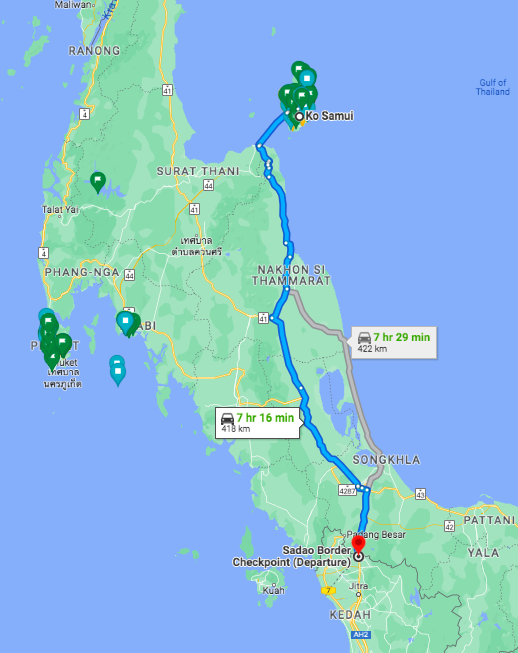
You can re-enter Thailand a maximum of six times per calendar year, so coupled with the visa extensions you could easily spend a full 12 months in Thailand. Here are two ways of completing a visa run:
- Book a long weekend in Kuala Lumpur or Singapore, flights take between 1.5 and 2 hours and cost around £100 per person, plus you get to experience different cultures, foods and experiences.
- Alternatively, book a return coach trip, taking you across the border into Malaysia and back again. Depending on where you are staying in Thailand this will cost between £35 – £65 per person. Just be mindful that it’s a long day of travelling and can be a very early start. If you do opt for this method, remember to bring lots of food, snacks and water as well as a battery pack and download some Netflix shows for when you’re offline.
Are there any visas which allow me to stay for 1 year or more?
EDUCATION VISA
The Education visa is granted to anyone who wishes to study in Thailand as a full-time student. This includes Thai language courses, however, there are a minimum number of days that must be attended in a traditional classroom setting.

The student visa is valid for 90 days. Before it expires you may extend your visa for an additional year at the Immigration Office. All holders of non-immigrant visas are required to report to the Immigration Office every 90 days.
RETIREMENT VISA
There are two types of retirement visas available to foreign nationals who are 50+ years of age and plan to retire in Thailand. It is important to note that this particular visa prohibits individuals from engaging in any employment activities in the country.
- O-A visa allows you to stay in Thailand for one year, and it can be renewed every year
- O-X visa allows a stay of five years and can be renewed for a maximum of 10 years
The process for obtaining a retirement visa can be arranged at an Immigration Office in Thailand or at a Thai Embassy or consulate in your home country.
INVESTMENT VISA
The Investment visa is granted to foreign individuals who make an investment of ฿10 million (£246,000) into Thailand through the purchase of property, investment in government bonds, or placed into a fixed deposit account in a Thai bank.
Holders of this visa are not permitted to receive a salary, however, they may reside in Thailand for an indefinite period as long as their visa is renewed annually.
OTHER VISA OPTIONS
There are a number of visas on offer so if you’re wanting to spend an extended period in Thailand, make sure to check your local Thai embassy to see which visa is most suited to you. For UK passport holders, visit the Royal Thai Embassy, London website HERE.
2023
We’re heading back to Thailand at the end of March 2023 and plan to stay for another 8 months. This time we’ll be booking mini breaks in Malaysia, Singapore, Hong Kong, Vietnam and Indonesia, giving us an opportunity to explore more of South-East Asia whilst living our dream life in Thailand.

If you’re a fellow long-term traveller or travel lover we’d love to connect with you over on Instagram or check out some of our previous blogs below.
And if you want to know more about our travels and experiences why not subscribe and join us on our adventures.
Hope to see you there,


